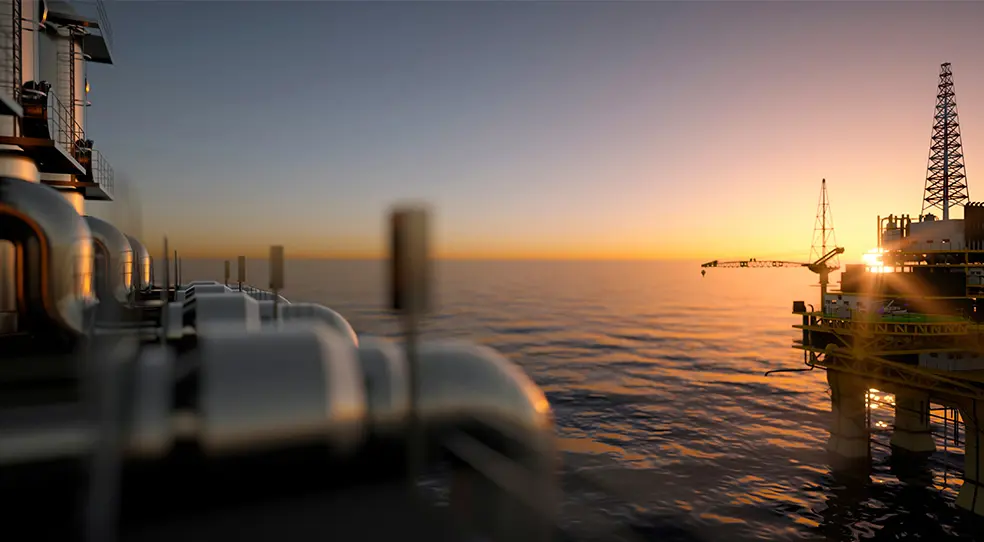10 things to know about fuel theft

1. No region is spared by fuel theft, it’s a large-scale issue. Nevertheless, the impact is heavier on developing countries which rely heavily on tax revenues for economic growth and local development.
2. Taxes on petroleum products being a significant source of revenue, oil fraud deprives governments from important revenues. An estimated 133-billion-dollar worth of oil is stolen, adulterated or stolen from legitimate oil and gas enterprises every year. In Europe Bloomberg news reported that fuel fraud costs about $4 billion annually in tax revenue.
3. While fuel theft is multifaceted, adulteration is one of the most common forms of fraud. By mixing fuel with foreign low-cost substance (e.g., Kerosene in diesel), and selling it at full price, traffickers maximize their profits.
4. Illicit tapping of pipelines is prevalent in countries such as Nigeria or Mexico and often leads to environmental and security threats. For instance, oil spills in the Niger delta make it one of the most polluted regions of the world.
5. Price discrepancies from subsidies fuel can lead to smuggling low-cost fuels into nearby countries, diverting fuel supplies from their initial purpose and depriving neighboring countries from tax revenues.
6. Using substandard fuel (adulteration, dilution or illegal refining) not only generates early car obsolescence but also has harmful damages on the environment especially on the air quality. Low-quality fuel has higher emissions level of dangerous gas such as carbon monoxide or hydrocarbons.
7. New forms of fraud are emerging in recent years, thefts using cyber methods are growing globally targeting oil and gas system. Through ransomware operation, cybercriminal organizations digitally hijacked infrastructure to cause temporary shutdown.
8. The negative fallout of fuel fraud on consumers (air pollution and engine damages) takes a toll on public trust. Governments are often blamed for their inability to fight fraudulent behaviors.
9. Over the years, governments and oil companies have implemented several methods to put a stop to fraudulent behaviors. Today the most advanced approach currently used is fuel marking. It has proven to work efficiently to reduce fuel adulteration and increase tax revenues.
10. By marking the fuel supplies before they leave the depots, it limits their application, reduce significantly the risk of smuggling and adulteration in addition to ensuring that the fuel sold nationally comes from legal sources.
Our fuel integrity programmes provide an effective response to theft, smuggling or adulteration of petroleum products. Thanks to an advanced technology we help governments and oil companies protect their revenues, consumers and the environment.
For more insights about fuel marking check our infographic or contact us at governments@cotecna.com
Latest News

08.04.2025
Innovation and Precision: How Complex Diagnostics Are Transforming Plant Health in the Field
Harnessing Technology for Smarter, More Sustainable Crop Protection.

03.04.2025
Cotecna COO Romain PETIT’s Visit to China
From March 24 to April 1, 2025, Cotecna Group Chief Operating Officer Romain PETIT visited China for a week-long trip.

